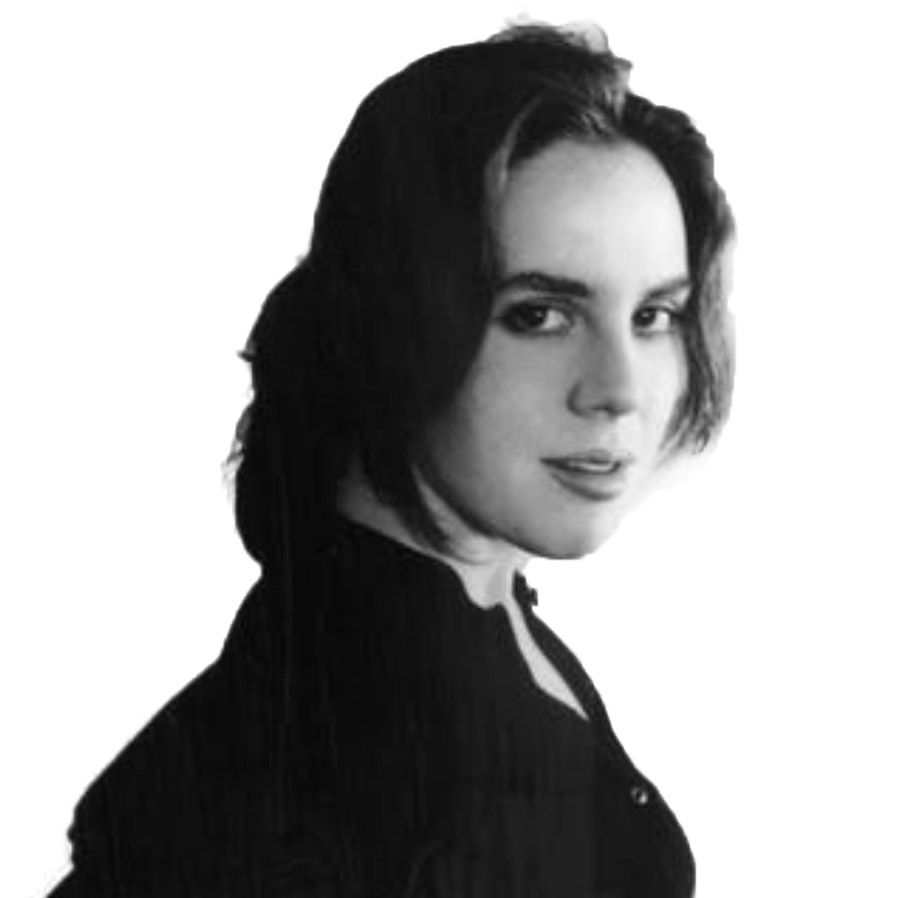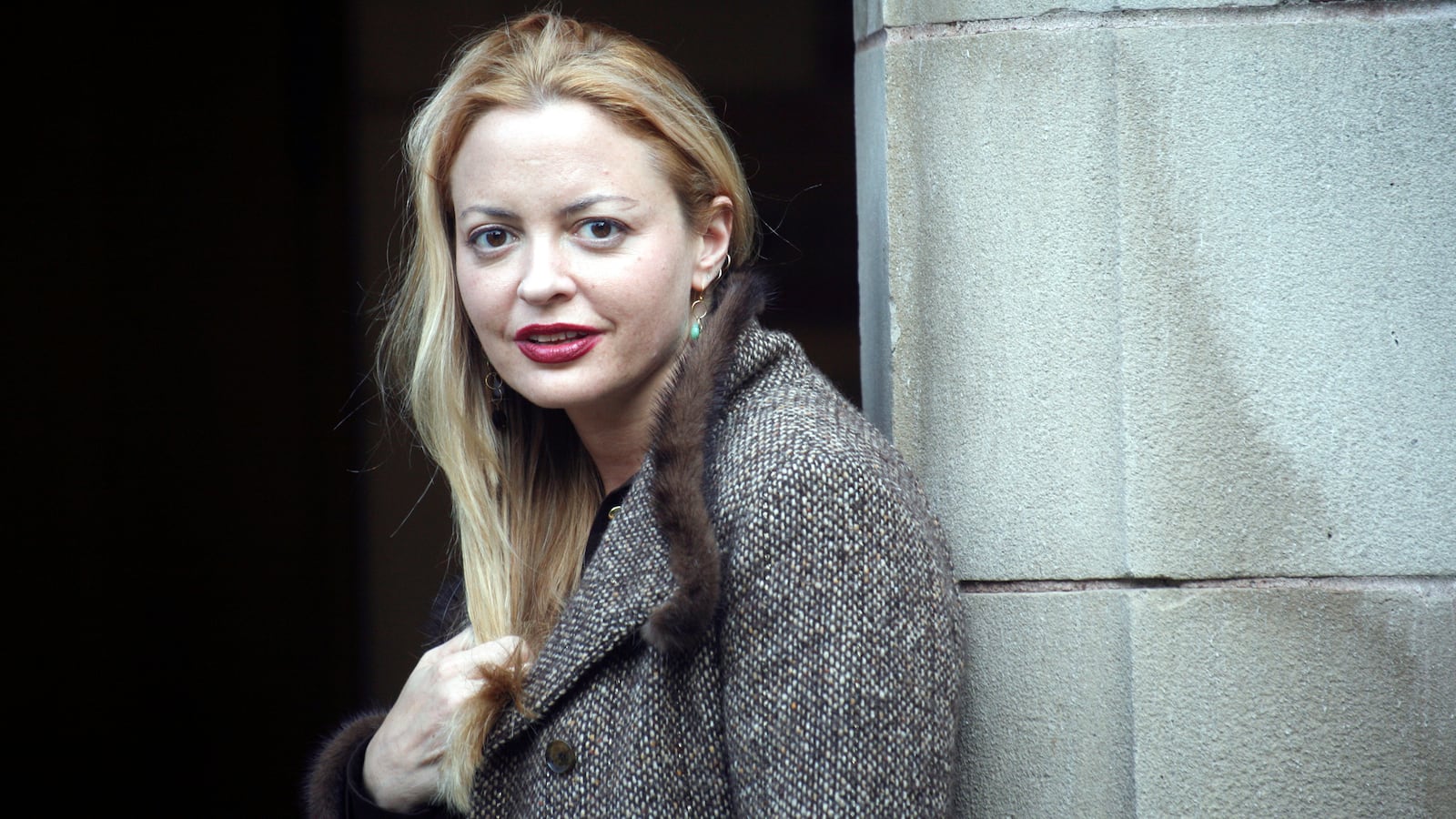We all wanted to be Elizabeth Wurtzel until we didn’t.
I remember the barbed wire surrounded the soft photo of her on the cover of of Prozac Nation. I remember studying her face, her poses, her listless beauty, her skinny arms. She was a weird poet-angel of the mid-1990s pre-apocalypse. She had come to tell us of her depressed teens in a way no one had before. She told stories of her misspent youth, her time at Harvard, her parents’ divorce, and her complicated relationship with her mother. The year was 1994, I was a charming but mildly bulimic 15-year-old. I hated life and wanted to die too. I even took Prozac. I didn’t understand why I wasn’t on the cover of a bestselling book. I read her book, pored over its pages, said things to myself like “I could write that,” but I knew I actually couldn’t. She made it look easy in a way that memoir writing actually isn’t.
I met Elizabeth, when I was older and no longer wanted to be her, but here’s the thing: I still sort of wanted to be Elizabeth even when I knew better. Because Elizabeth was brave in a way I never was. She was also able to convince herself that the world wanted to read multiple memoirs about her. She was earnest in a way I wasn’t capable of being. But she was also messy, profoundly messy in a way that I actually was deep inside. Elizabeth was the girl who told you how she felt and said it loud for the people in the back. She once told me why she took off her shirt on the cover of her second book, Bitch, “Because I could.”
And that was the thing about Elizabeth: She could. She could be emotional and nutty and wacky. She wrote in the Guardian, “I have always been the most impossible person ever.” She lost one job to allegations of plagiarism. I once heard a story of her sleeping for weeks on the sofa in her editor’s office while finishing a book. She did the kind of stuff movie characters did, the kind of stuff people like me didn’t do. She was difficult and problematic in a way women aren’t supposed to be. She was herself in a deeply, almost destructively, real way. “I put everything I have into whatever I’m doing or thinking about at the moment. So it’s not right when people say I’m self-absorbed. I think I’m just absorbed,” she told the The Fort Worth Star-Telegram.
Her first book was an enormous success. Elizabeth became famous, which almost never happens to writers. Cristina Ricci played her in the movie of her life. Becoming a celebrity is never good for your writing, ever.
After she published More, Now, Again: A Memoir of Addiction, I took her out for lunch, to Serendipity on the Upper East Side. She told me about how weird it was to be played by someone else, the other-world quality of watching your life on screen. I saw Elizabeth, with her enormous rescue dog, over the years at gatherings at Daphne Merkin’s house. Elizabeth went to Yale law school with Ronan Farrow. She went to work for David Boise. She got married. She got cancer. She wrote about all of it. Elizabeth was a big person, a source of constant speculation. People talked about Elizabeth. She didn’t hide from the world in a weird, angry, satirical shell the way I do.
And Elizabeth believed in her work, in her own value, in a way I never could. Elizabeth was the kind of women who made women like me possible. I was never friends with Elizabeth but I am greatly indebted to the world she left us. She wrote books that paved the way for the culture of memoir that has produced some of the most interesting women's voices of our time. Elizabeth went out there and wrote brave books about the ways the world breaks our hearts. She made writing accessible and she made a certain emotionality OK.
The world is better for having had Elizabeth in it, however briefly.






